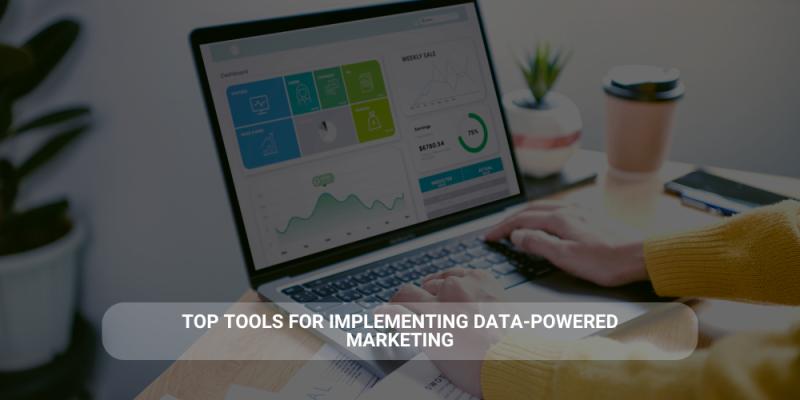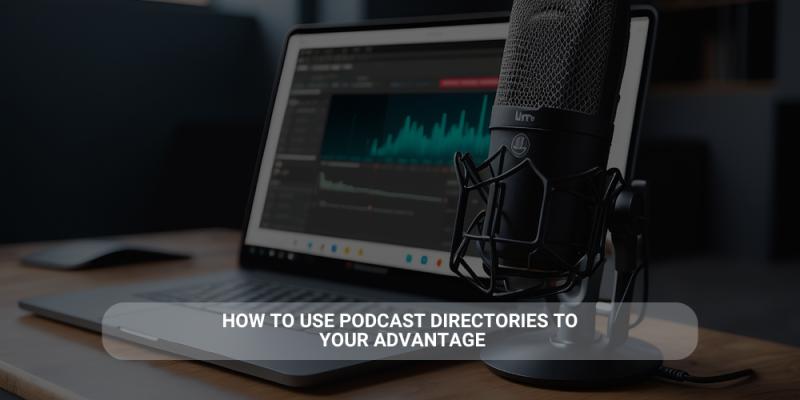Social Synergy: Integrating Social Media into B2B Marketing Automation Strategies
In the fast-paced world of Business-to-Business (B2B)
marketing, staying ahead requires constant innovation. With the advent of
marketing automation, businesses have streamlined processes, enhanced
efficiency, and targeted their audience with precision. However, the
integration of social media into B2B marketing automation strategies presents a
new frontier. In this article, we explore the symbiotic relationship between
social media and marketing automation, uncovering how their integration can
revolutionize B2B marketing efforts.
Unlocking Social Insights:
Social media platforms serve as invaluable sources of
real-time data and insights into consumer behavior. By integrating social media
with marketing automation systems, businesses gain access to a treasure trove
of information, from demographic trends to consumer preferences. Leveraging
this data allows for more targeted and personalized marketing campaigns,
resonating with B2B audiences on a deeper level. Through sentiment analysis,
social listening, and engagement metrics, businesses can refine their marketing
automation strategies to align with the evolving needs of their target market.
Amplifying Reach and Engagement:
Social media offers unparalleled reach and engagement
potential, making it a powerful tool for B2B marketers. By integrating social
media into marketing automation platforms, businesses can amplify their content
distribution efforts, reaching a wider audience across multiple channels.
Automated scheduling tools enable strategic content dissemination, ensuring
optimal timing and frequency for maximum impact. Additionally, social sharing
functionalities embedded within marketing automation systems facilitate
seamless sharing of content, fostering organic growth and increasing brand
visibility within the B2B sphere.
Building Relationships and Trust:
In the realm of B2B marketing, building strong
relationships and fostering trust are paramount. Social media provides a
platform for businesses to humanize their brand, engage with prospects on a
personal level, and cultivate meaningful connections. By integrating social
media into marketing automation strategies, businesses can nurture leads
throughout the buyer's journey, delivering relevant content tailored to their
interests and pain points. Moreover, social listening tools enable businesses
to proactively respond to customer inquiries, address concerns, and provide
timely support, enhancing customer satisfaction and loyalty.
Driving Data-Driven Decisions:
Data lies at the heart of effective marketing automation
strategies. Social media integration adds another layer of data-driven
insights, empowering businesses to make informed decisions and optimize their
marketing efforts. By analyzing social engagement metrics, tracking
click-through rates, and monitoring conversion rates, businesses gain valuable
insights into the effectiveness of their campaigns. These insights enable
iterative improvements, allowing businesses to refine their targeting,
messaging, and content strategy to drive better results in the B2B space.
Conclusion:
The integration of social media into B2B marketing
automation strategies represents a paradigm shift in the way businesses engage
with their audience. By harnessing the power of social insights, amplifying
reach and engagement, building relationships, and driving data-driven
decisions, businesses can unlock new opportunities for growth and success in
the competitive B2B landscape. Embracing this synergy between social media and
marketing automation is essential for businesses seeking to stay ahead of the
curve and achieve lasting impact in their B2B marketing endeavors.










Comments